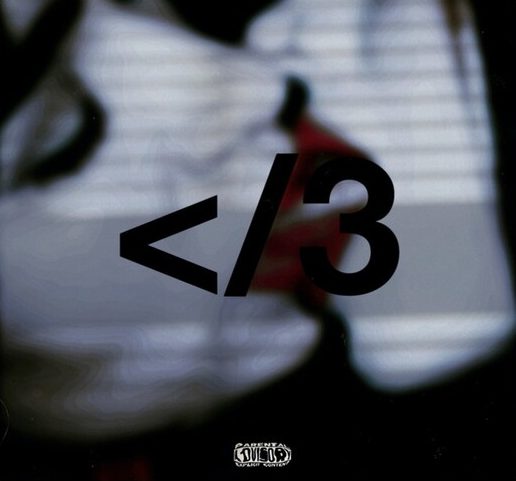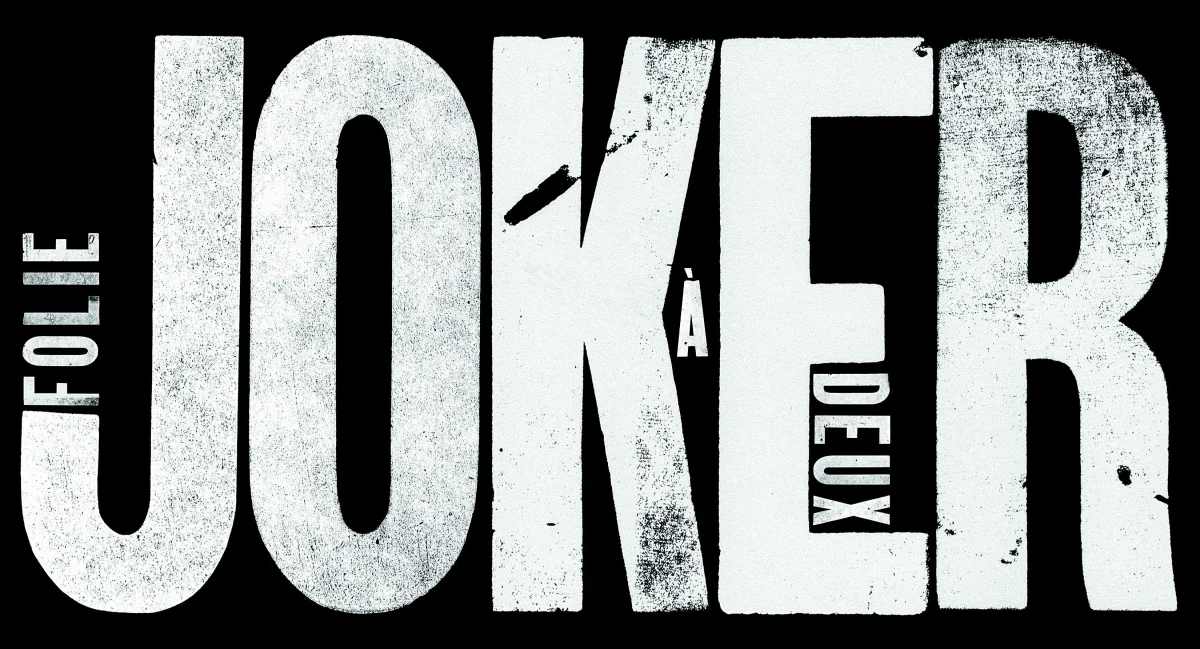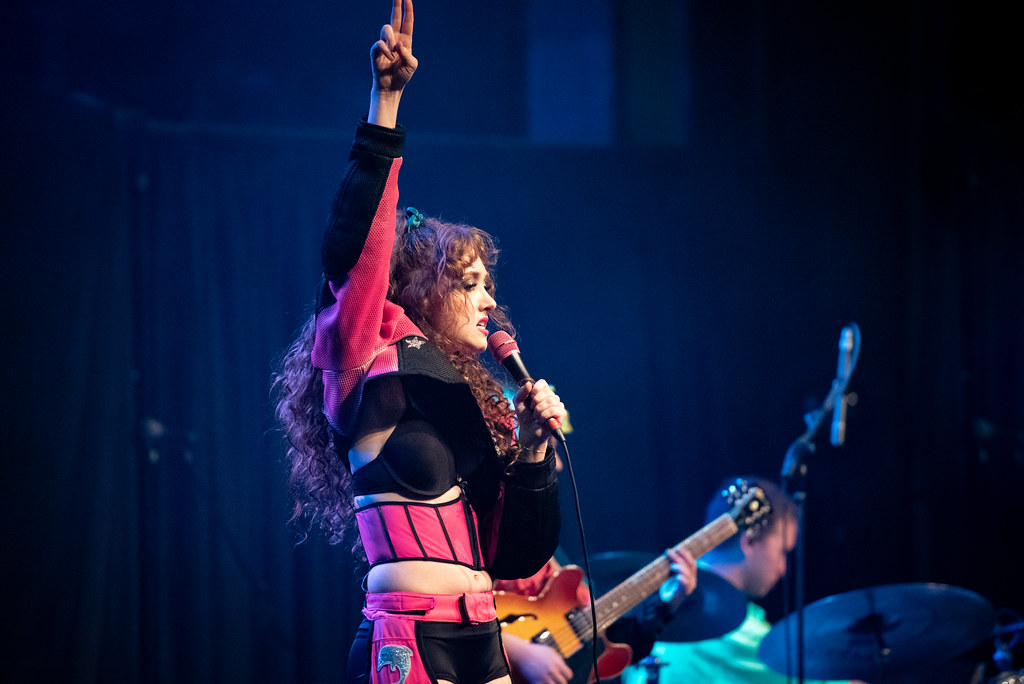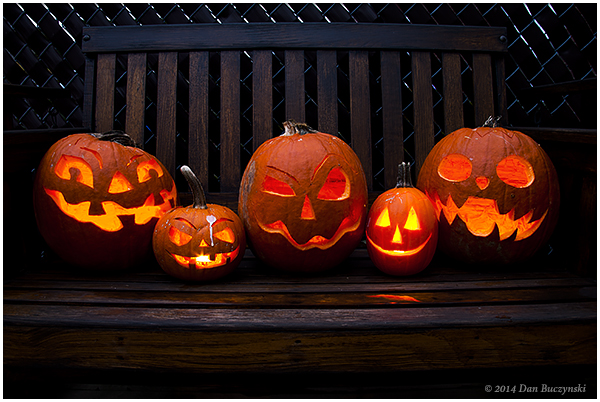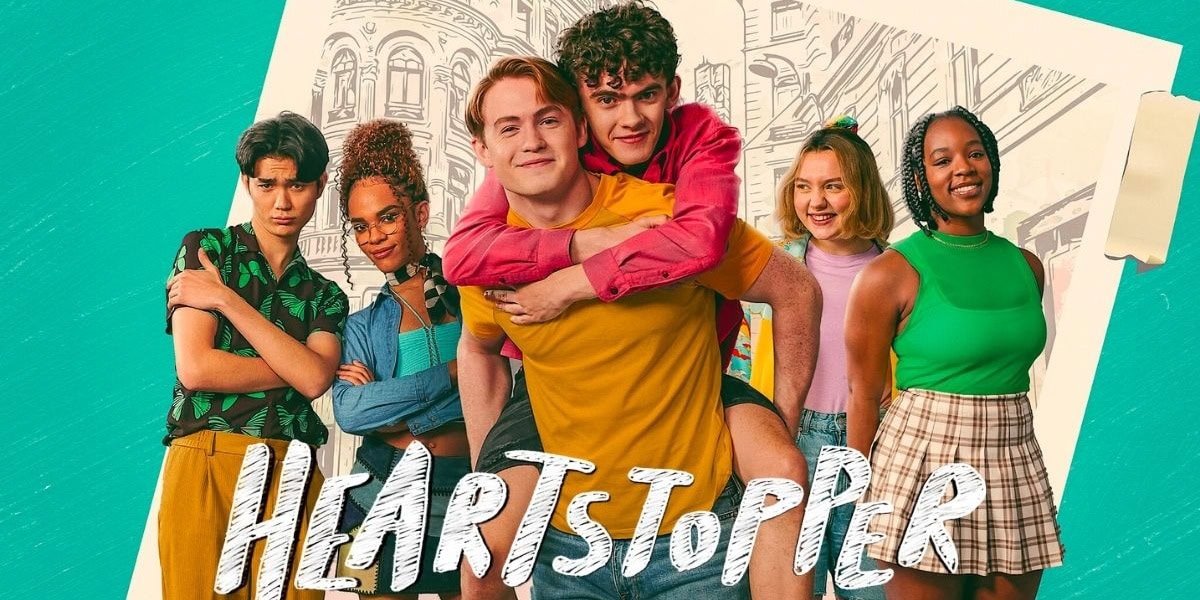“</3²” (Broken Hearts), released on Oct. 31, 2020, was artist Destroy Lonely’s (Lone) first major project. Though Lone’s newer projects “No Stylist” (2022) and “If Looks Could Kill” (2023) have successfully secured and established his identity within the mainstream hip-hop industry. However, older Lone fans have criticized the repetitive and monotonous production of his newer works, with many losing hope for the young artist. “Broken Hearts,” somewhat of an innovative release of its time, pioneered a new wave of underground trap and cloud rap. Fans have often expressed their longing for new releases resembling the conceptual and instrumental formulation of this mixtape. Revisiting this gem confirms that a return to his older style would be more than ideal.
Perhaps the most cherishable and recognizable element of this work is its unique and versatile production. Lone’s signature spacial, atmospheric and immersive instrumentals paint hypnotic visuals of glistening, clouded and celestial shades. Producer Clayco along with Cade, Kory K Beats and Yxngflair blends stringed orchestra samples, piano chords and other euphoric synthesizers to create an ambient production with varieties of sounds and melodies.
Songs like “Top Floor Boss,” “Oh Yeah” and “Pop Sh*t / Xtra” hold absorbent, unnerving and enigmatically satisfying melodies with an air of mystique. Lone’s softer cadences fuse seamlessly with the stimulating instrumentals, lulling the ear into a dreamlike state, demonstrated in the mixtape’s most elegantly constructed tracks “Dover Street Market,” “OK BAE” and “Tokyo Mission Impossible.” These songs epitomize the heavenly, abstract characteristics of Lone’s acclaimed sound. Tracks somewhat diverging from the previously mentioned songs stylistically include “Miley Cyrus,” “F.U.N” and “Take A Pic (Interlude)” with more upbeat and amusing melodies fantastic for the aux. Other songs such as “CDG,” “Do or Die” and “Movie” evidently illuminate the dynamic and enticing nature of this mixtape; each song is colorfully composed with its own, distinctive concept.
Lone’s newer tracks appear incomplete, lacking, or otherwise unimaginative in comparison to the diverse, transcendent instrumentals of “Broken Hearts.” Lone’s current inclination towards trap beats and a harsher cadence is underdeveloped, unnatural and sloppy. In my opinion, Lone has fallen victim to the popularization of the rage, drill, trap rap-like flow popularized by UnotheActivist, Playboi Carti, Chief Keef and other artists. Though Lone has always been a trap rap artist, his voice is simply too soft-spoken to compensate for blaring bass-boosted beats; smoother instrumentals compliment his tone more harmoniously. Though I enjoyed all the songs in “If Looks Could Kill” and its deluxe version, it requires a high level of active tolerating and artificial romanticization of the artist to persist through all 32 songs. The album’s attempt to bolden and intensify the Lone’s melodies falls short of expectation. Fans have been hoping that the upcoming release of Lone’s second studio album, “Love Last Forever,” can alleviate his tainted production quality and it seems that “Broken Hearts” will eternally remain the standard that fans will expect. Until then, “Broken Hearts” will remain his most sophisticated and well-regarded project.



